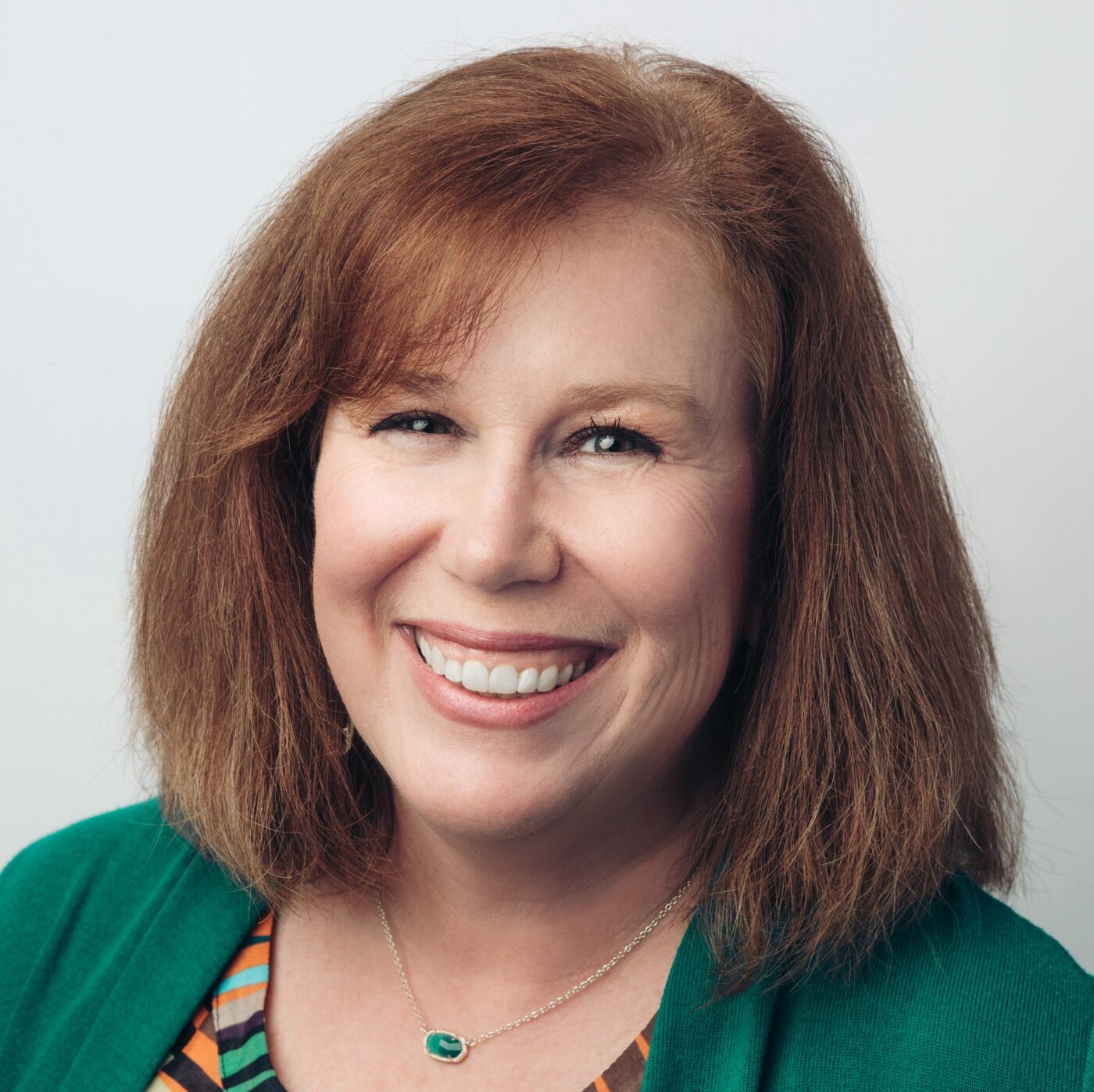When families begin homeschooling, they often ask veteran homeschool parents how to find the best homeschool curriculum. This raises the question: “Is there such a thing as the best homeschool curriculum?” Is there one curriculum that meets the needs of all students or all families?
Does the Best Homeschool Curriculum Exist?
Of course, both homeschoolers and traditional schoolers wrestle with the question of finding an ideal curriculum. Public and private educators have turned to standardized testing or to a national core curriculum in an attempt to accurately assess student progress and to create a curriculum that can be a “one-size-fits-all.”
The Answer Lies in the Past
The answer to this question lies in our past. For more than a thousand years in our history, there was a “best homeschool curriculum,” a core of knowledge that was passed down to every educated student. This was a classical, Christian education. This curriculum focused on both skills and content. The goals of this curriculum were to cultivate wisdom (right thinking) and virtue (right acting) so that each student could be fully human and fully free.
In this long tradition, parents and educators assumed that students needed to learn to rule themselves well and, after they mastered that, to lead others well. Therefore, they focused their curriculum around the three skills of of the Trivium—grammar, logic, and rhetoric. By studying grammar, students learned how to use words well. By studying logic, students learned how to think precisely and to construct solid arguments. By studying rhetoric, students learned how to persuade others of the truth and thus to lead others to wisdom and virtue.
In order to cultivate these important skills, parents and educators sought out the very best content, the best that had been recorded. Students educated in the classical, Christian approach read and discussed the Bible, the ancient Greek philosophers, epic poetry, and Roman history. Later, they would add the classics of British and American literature, and the scientific writings of discoverers like Kepler, Copernicus, and Newton.
Read: “What Are the Five Core Habits of Grammar?”
Keeping the Goal of Education in Mind
Today, as we search for the best homeschool curriculum, we can take a cue from the past. We, too, can start our search for curriculum by starting with the end in mind. Our choices of books will be shaped by the goal of cultivating wise and virtuous humans who can rule themselves and others well. So, the best homeschool curriculum will start by stating the end goal.
Then, as we continue to craft the best homeschool curriculum, we can begin to think about what kinds of books and knowledge will best contribute to this goal. Our children should read works of fiction that allow them to practice making good decisions as they discuss whether or not a character should have taken a particular course. We will encourage them to hone their reasoning by practicing the art of formal logic and reading Socratic dialogues. We will spend much time allowing them to discuss and debate big ideas with one another, ideas of freedom, choices, consequences, duty, and leadership.
Read: “What Are the Five Common Topics of Dialectic?”
The Best Homeschool Curriculum Is a Classical, Christian One
Homeschool families have had to be pioneers as they have built an alternative to widespread public education. However, as they seek the best homeschool curriculum, they can rest from the hard work of pioneering a new way. Instead, they can look back to the past to uncover a rich tradition of ideas. This curriculum will necessarily be adapted for our time and place, but we can find there the best that has been thought, said, and done (to paraphrase Matthew Arnold).
Not yet a Classical Conversations member and interested in homeschooling your child with a classical, Christian approach? We’d love to hear from you! To learn more about us, click here.
This post was originally written by Jennifer Courtney in 2017.





